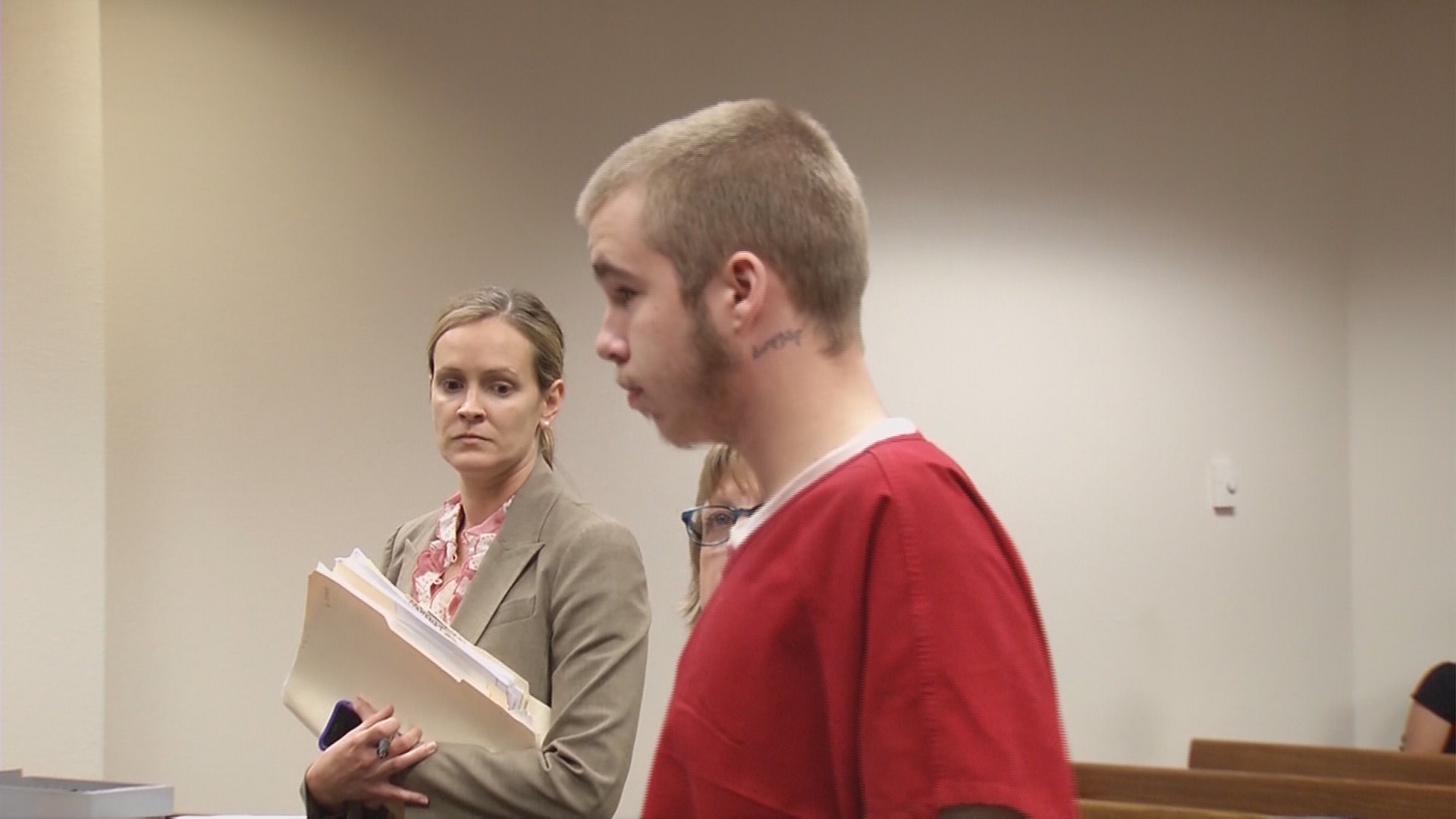![Josh Young 10222014[ID=17746035] ID=17746035](http://www.gannett-cdn.com/-mm-/aac22ce6426cd2f155fd51c5dacad34de3dcb375/c=242-0-1678-1080&r=115x86/local/-/media/WHAS/None/2014/10/22/635496017191444105-josh-young-10222014.JPG)
The 18-year-old was arrested twice Wednesday: first, at 6:30 in the morning for public intoxication of a substance other than alcohol, and then just a few hours after he walked out of Metro Corrections, he was arrested for criminal trespassing and again public intoxication of a substance besides alcohol.
Unfortunately, Young is not alone. In and out of jail is a path that youngsters all over the United States are going down. The good news is some folks, like Dr. Eddie Woods, devote their lives to helping these troubled youths find a positive road.
"You've got a situation where if all I know is problems and trouble, well basically that's what I do," he said about the cyclical mentality that can trouble at-risk youths.
Woods believes if you find young people positive passions, those can go a long way to helping them avoid the downward spiral. He says it's not about the system failing these kids, but instead it's the community.
"Somewhere in there the teaching mechanism has not taken hold," he explained. "Folks who can teach him a better lifestyle. Folks who can show him the value of truth, the value of another person's opinion or life failed to do that."
Still, many adults that work with at-risk kids feel frustrated when all the tools don't always give the hoped-for results. Rupert Strawbridge, a probation officer in Clark County, said sometimes you can try to help young people as much as possible, but sometimes, for instance, in his opinion the case of Young, those in trouble simply don't want to make a change.
"You can look at every kid and say they're doomed," Strawbridge said. "It comes down how many times they've tried and how many times in those trials do they piece stuff together and get it. Or in my opinion, in his case, I don't think he's going to get it. He doesn't really want to get it right now. Whether or not he can, he doesn't want to."
Both Strawbridge and Woods agree: the family unit is vitally important. We asked Woods what if a youngster, like Young, has parents in prison or just simply not around. He said that's where it falls on the community to help make a difference.
"For example, a kid brings a gun to school. We suspend or expel him, but rarely do we ask the question why," Woods said. "What reason did this young person feel the need to bring a gun to school? What's behind the choice? If we start addressing more the conditions instead of the activities we have a real chance to be successful with our kids."


